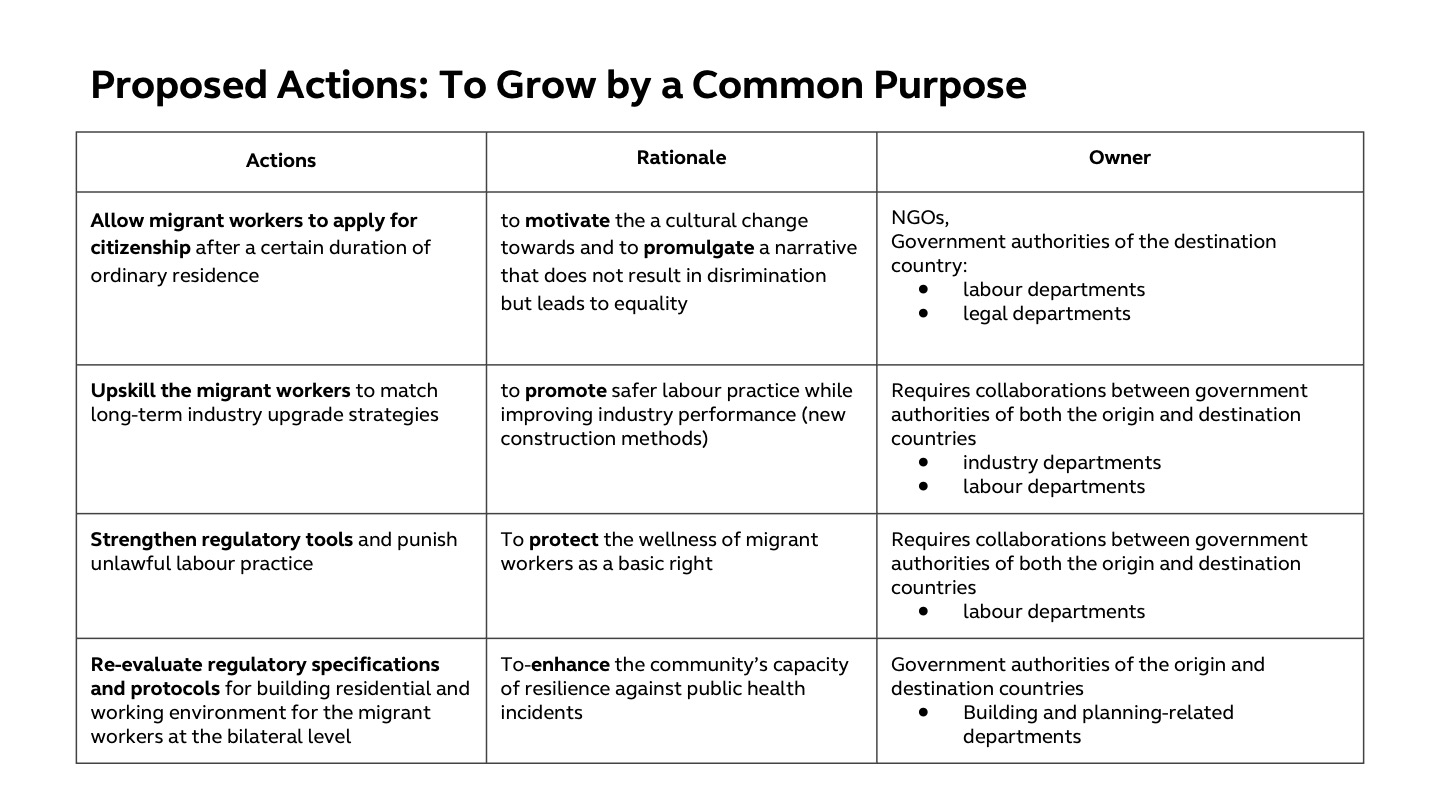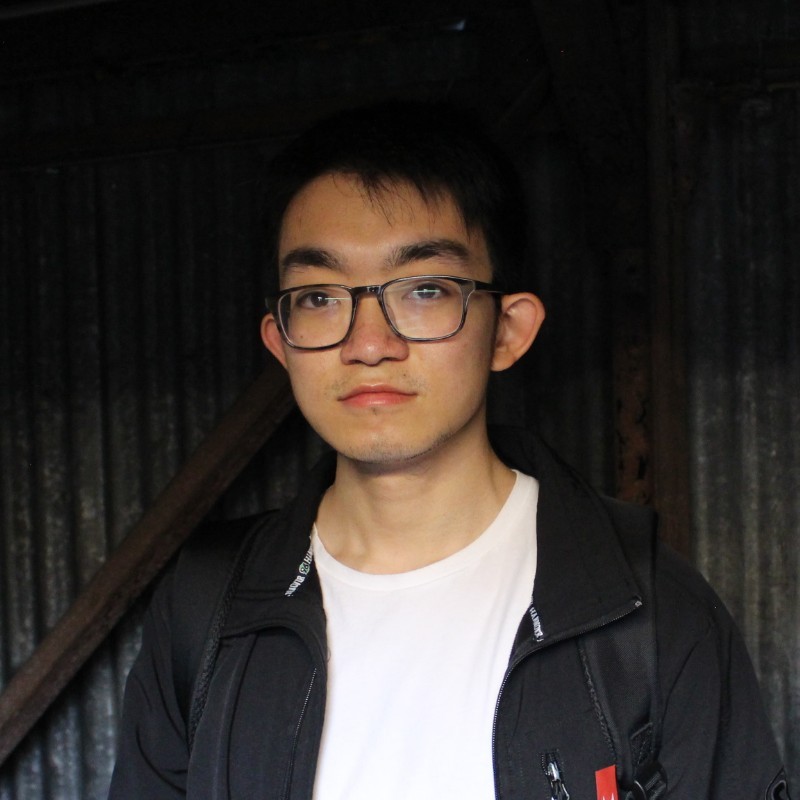Study: Policy Interventions on Migrant Workers’ Resilience against Public Health Crisis: A Case Study of Singapore and Hong Kong (2020)
Migrant workers remain one of the most vulnerable groups in the modern development landscape.
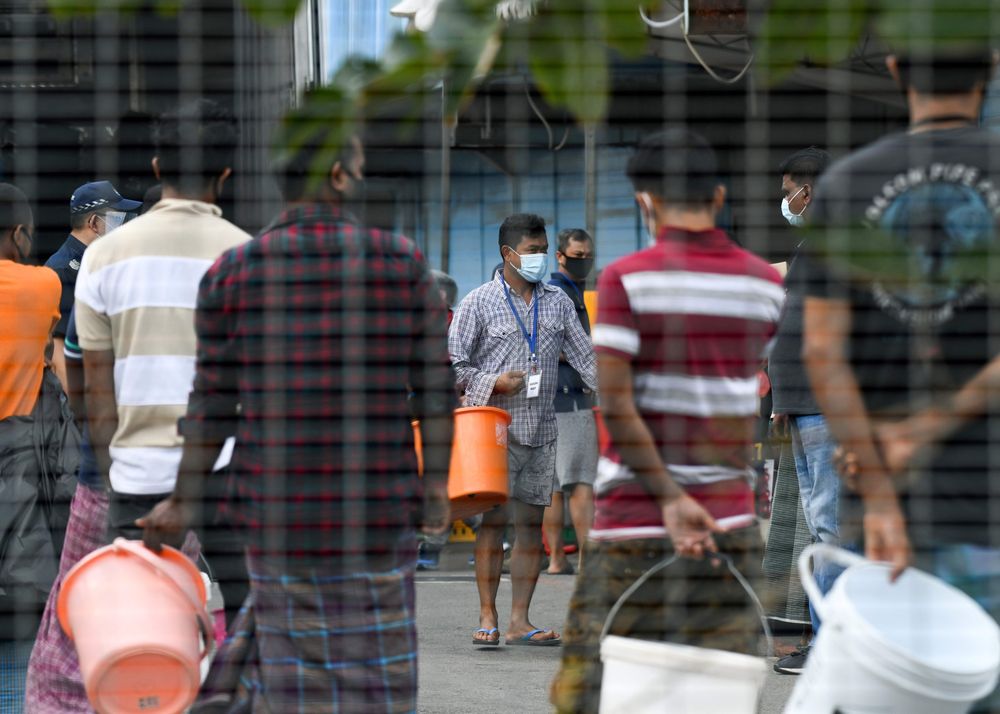
Abstract
Migrant workers undergird the economies of today’s metropolises by providing many basic services at low costs and ensuring their economic competitiveness.
However, they are often marginalized and discriminated against, therefore lacking resilience towards major risks. Amid the COVID-19 pandemic, migrant workers are among the most vulnerable groups. Unfortunately, further discrimination on the policy level has aggravated the situation, making them bear the brunt of the pandemic.
Using Singapore and Hong Kong as two prominent examples, we conducted our study through a meticulous collection of policy documents and interviews with local stakeholders. We then used multiple theories to analyze the interactions between stakeholders, assess whether current practices are justified, and raise suggestions for future improvements. We argue that though the current plight of migrant workers is a rational policy equilibrium, it is ethically questionable, and cities need to take actions like bi-lateral cooperations to ensure the long-term sustainability of this workforce.
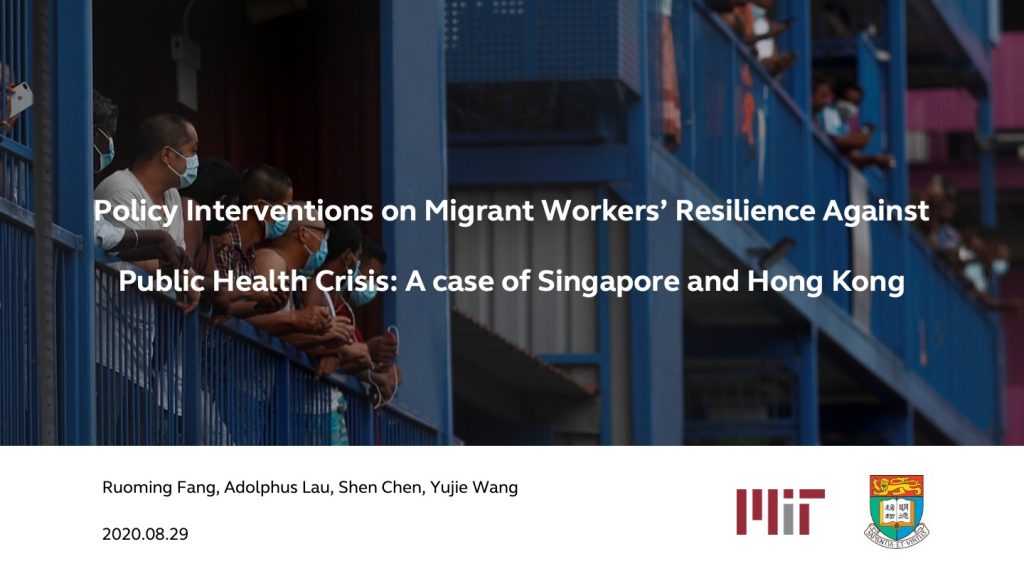
Who counts as a “migrant worker”?

Background and Research Objectives:
Migrant workers contribute as a critical workforce for the developmental agenda in a few developed regions such as Singapore and Hong Kong.
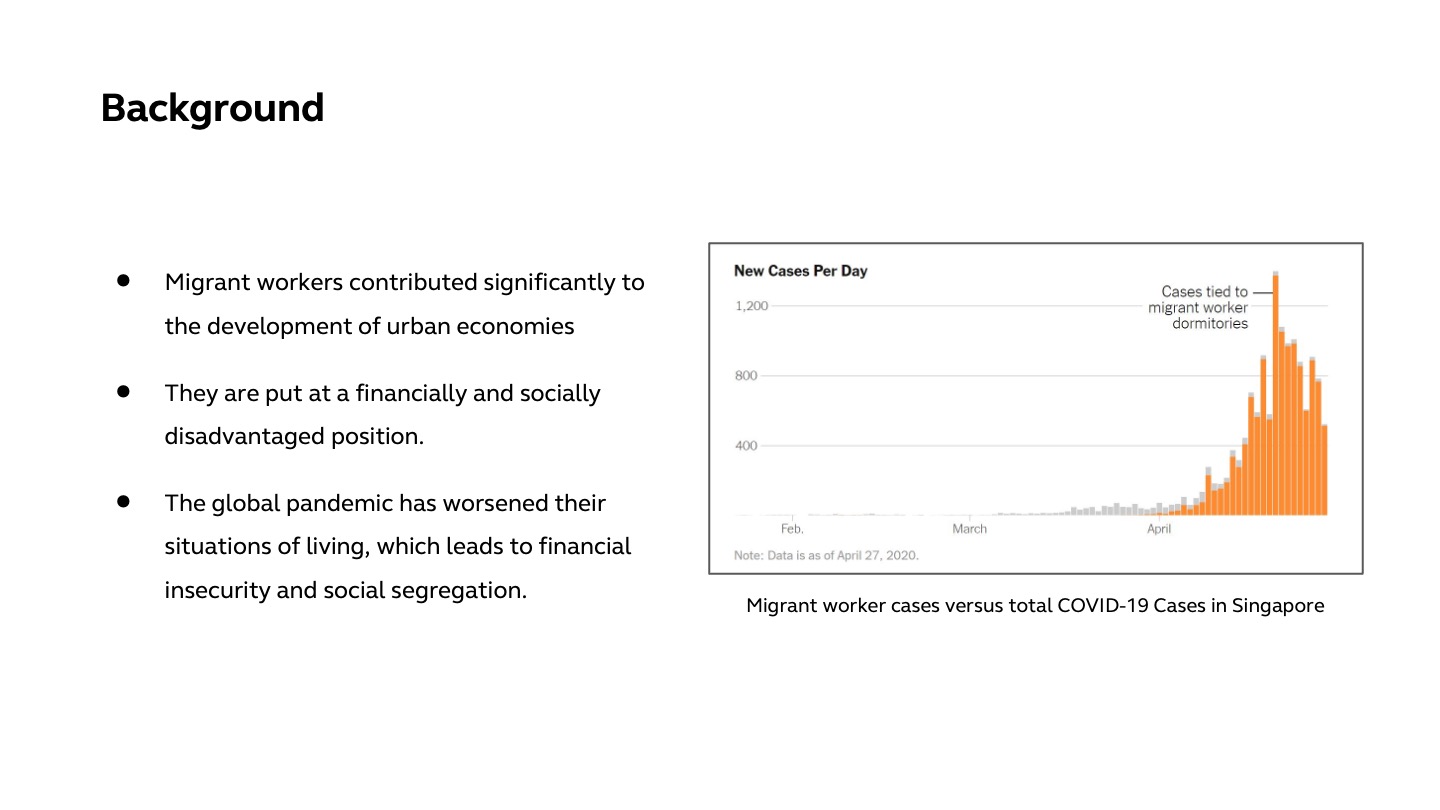
However, the financial disparity between the workers and standards of their working countries put them into disadvantaged positions.
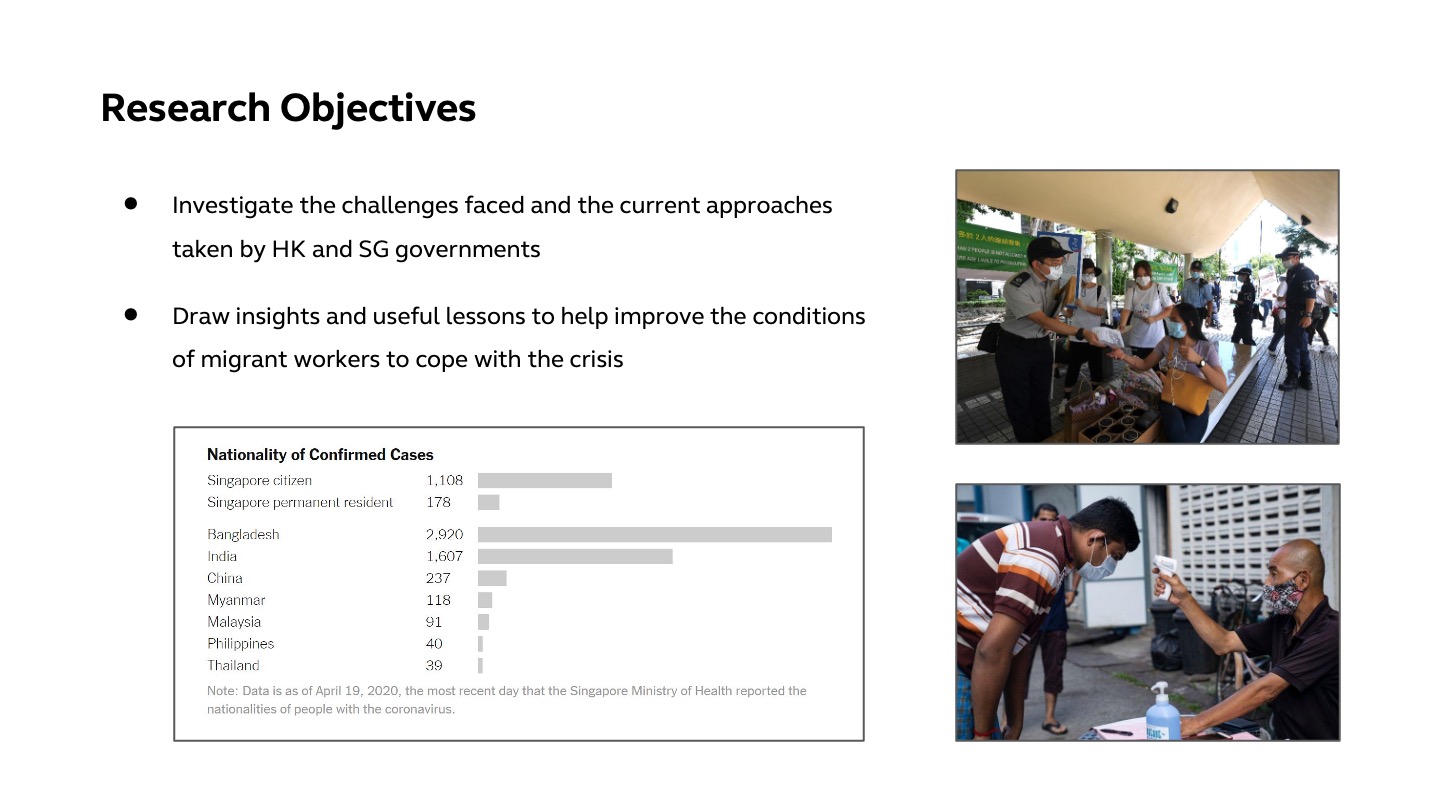
Methodology
Labour Migration is a complex matter that involves cross-border networks of workers, middle persons, mission organisations and government authorities.
The research team undertook policy analysis and interviews with the stakeholders to capture a panoramic view of the issue.
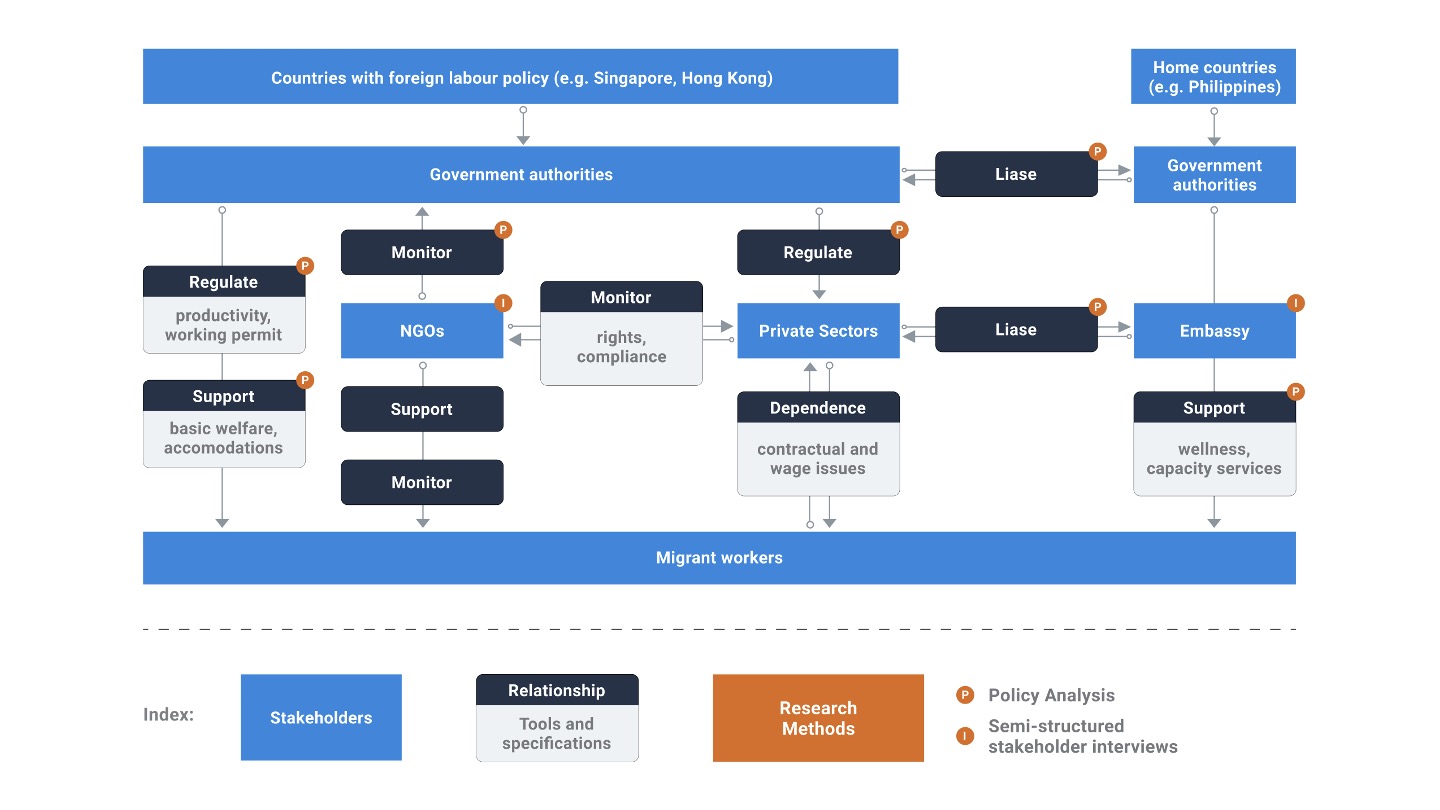
Summary of findings
Economic exploitation of migrant workers is apparent with deflated wages and mistreatment by recruitment agents.
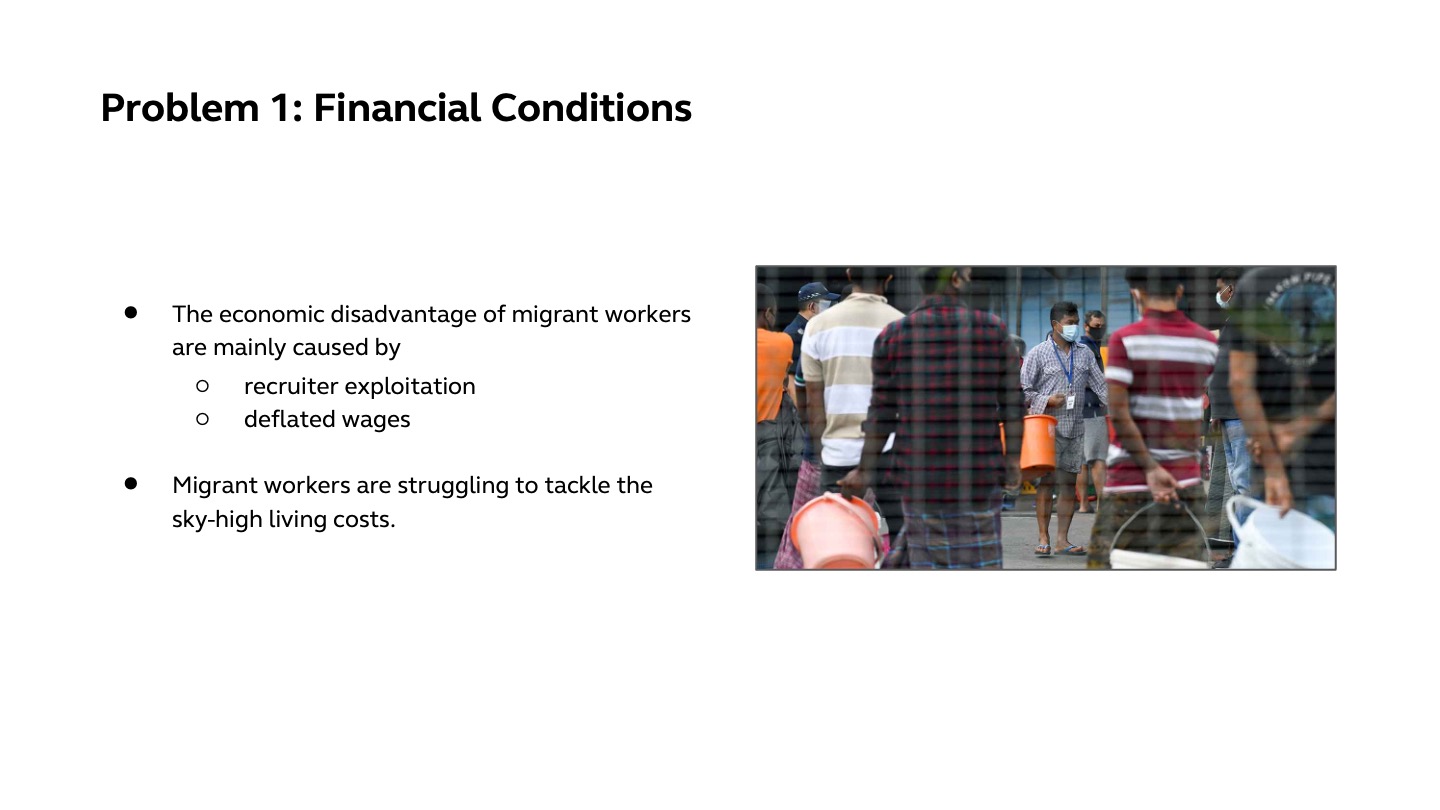
Whilst in developed region, a fair living environment and workspace was not made available to migrant workers.

Healthcare was not delivered at the same levels and attributes to migrant workers as its citizen counterpart.

There remains social discriminations against migrant workers in the society.

Current Policies
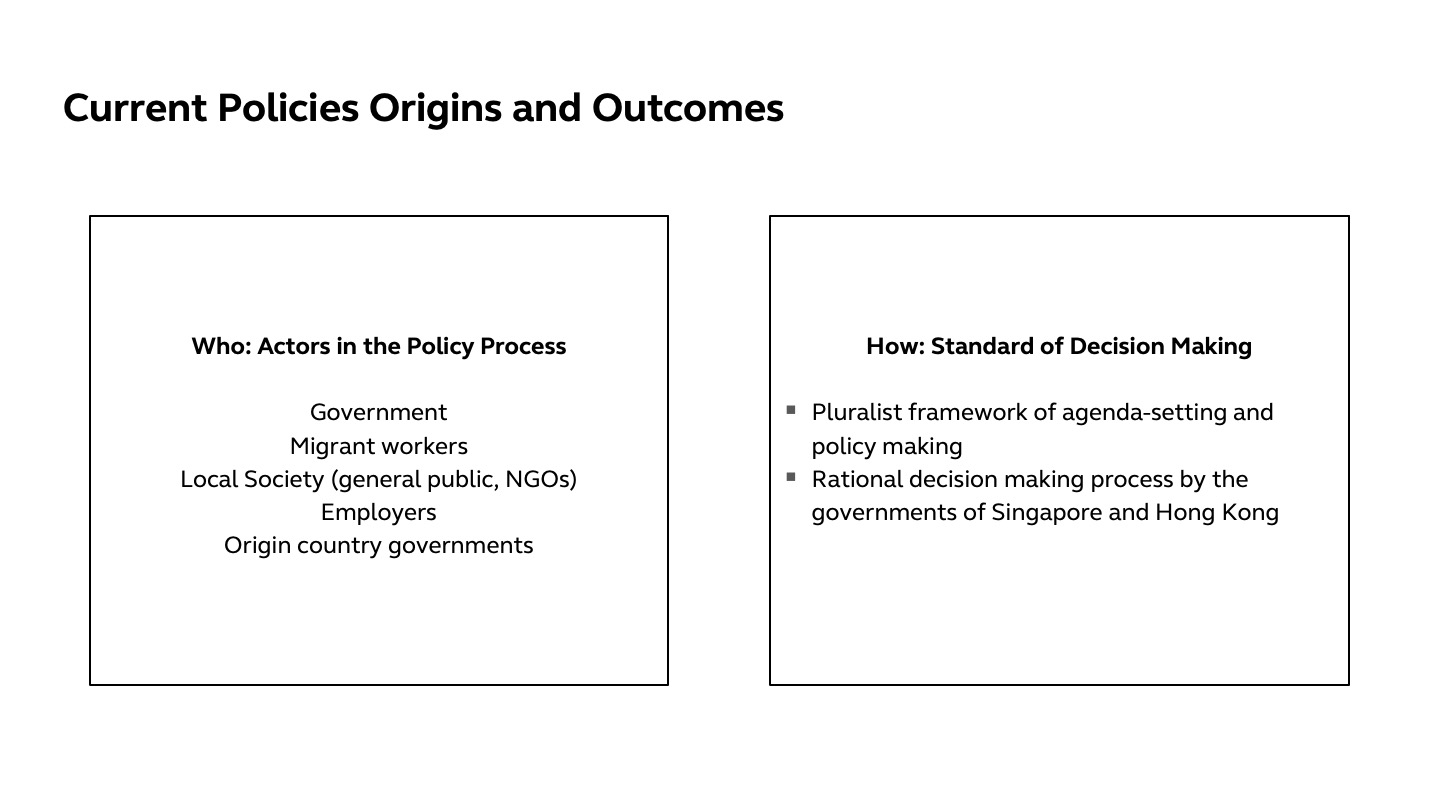
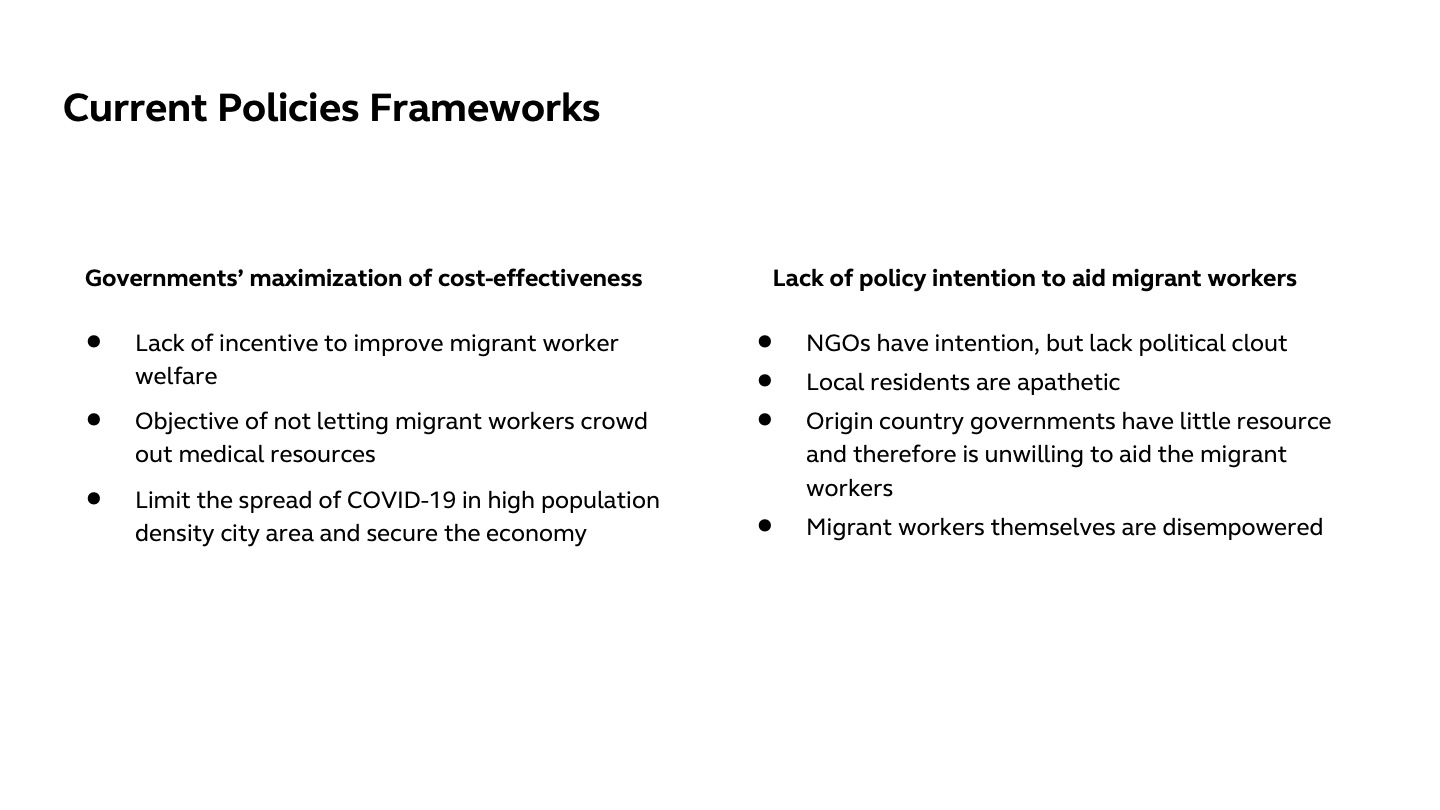
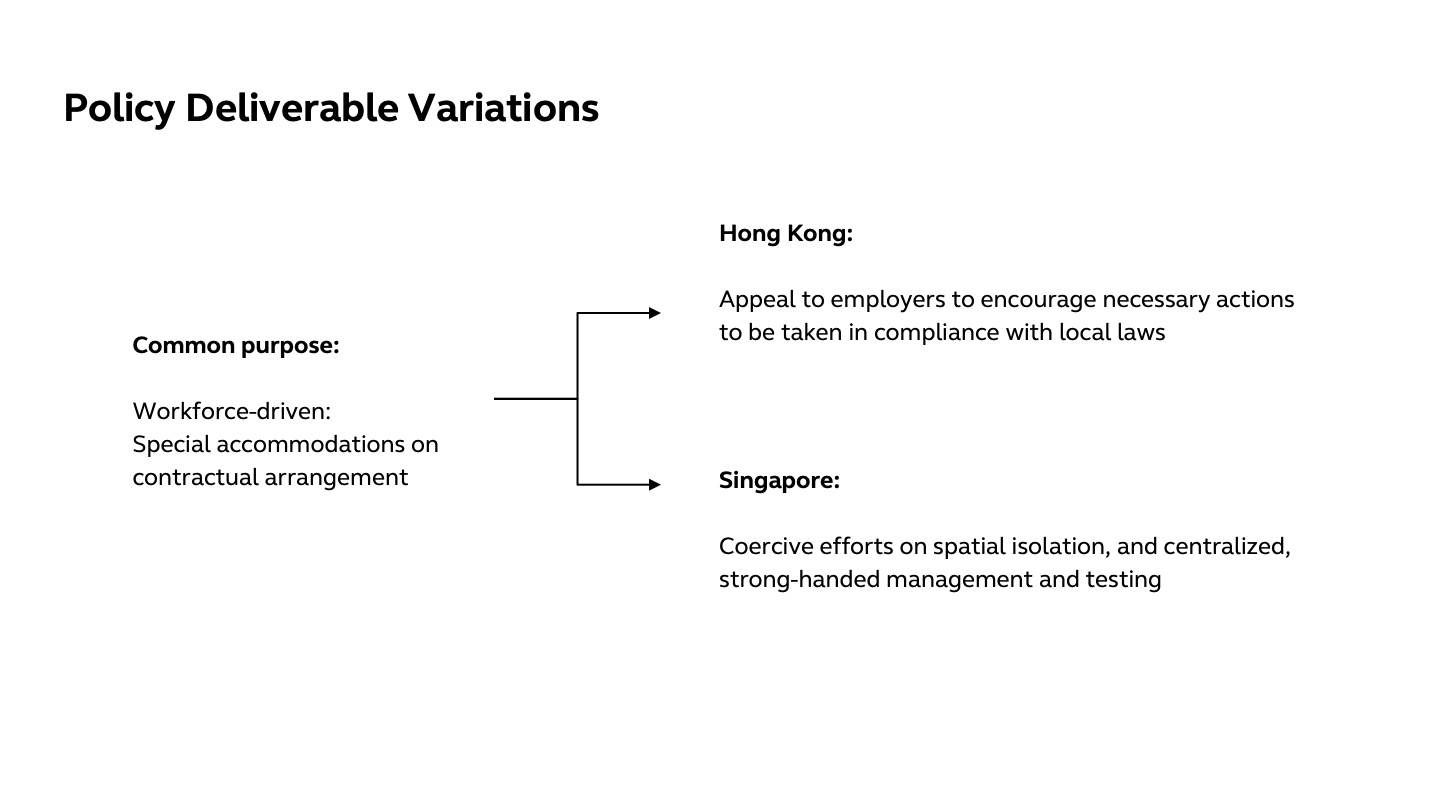
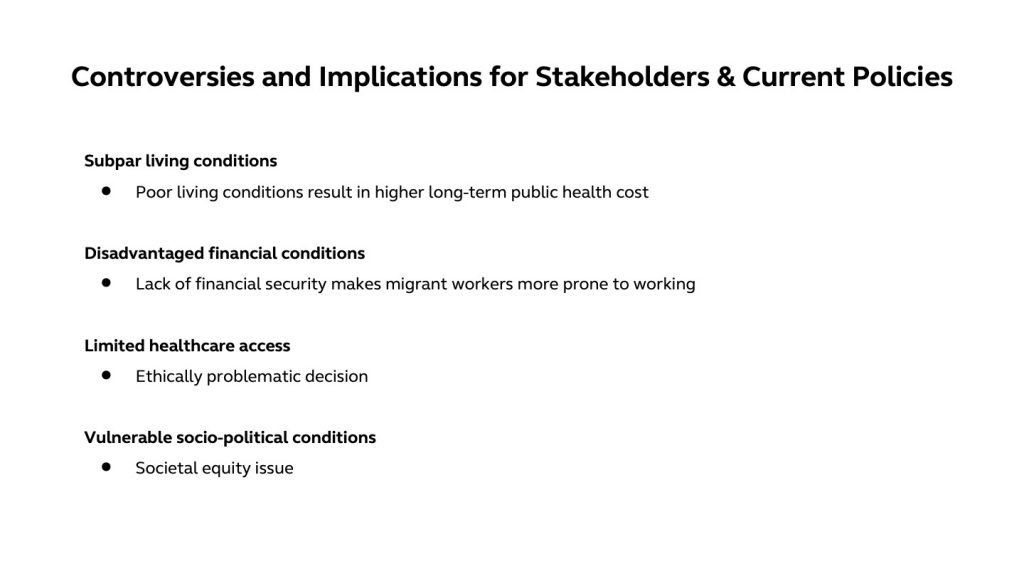
How does our aspiration for human development fit into the larger developmental agenda?
International efforts will be key to resolving wicked controversies in human development affairs.
